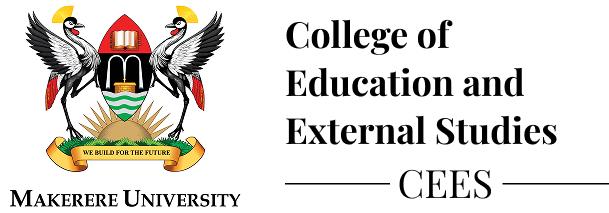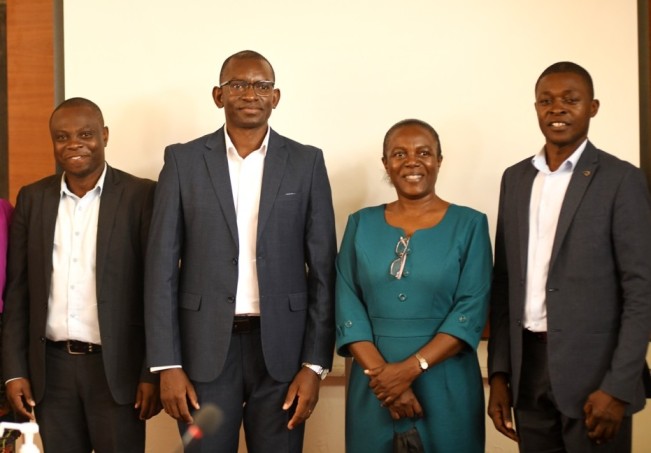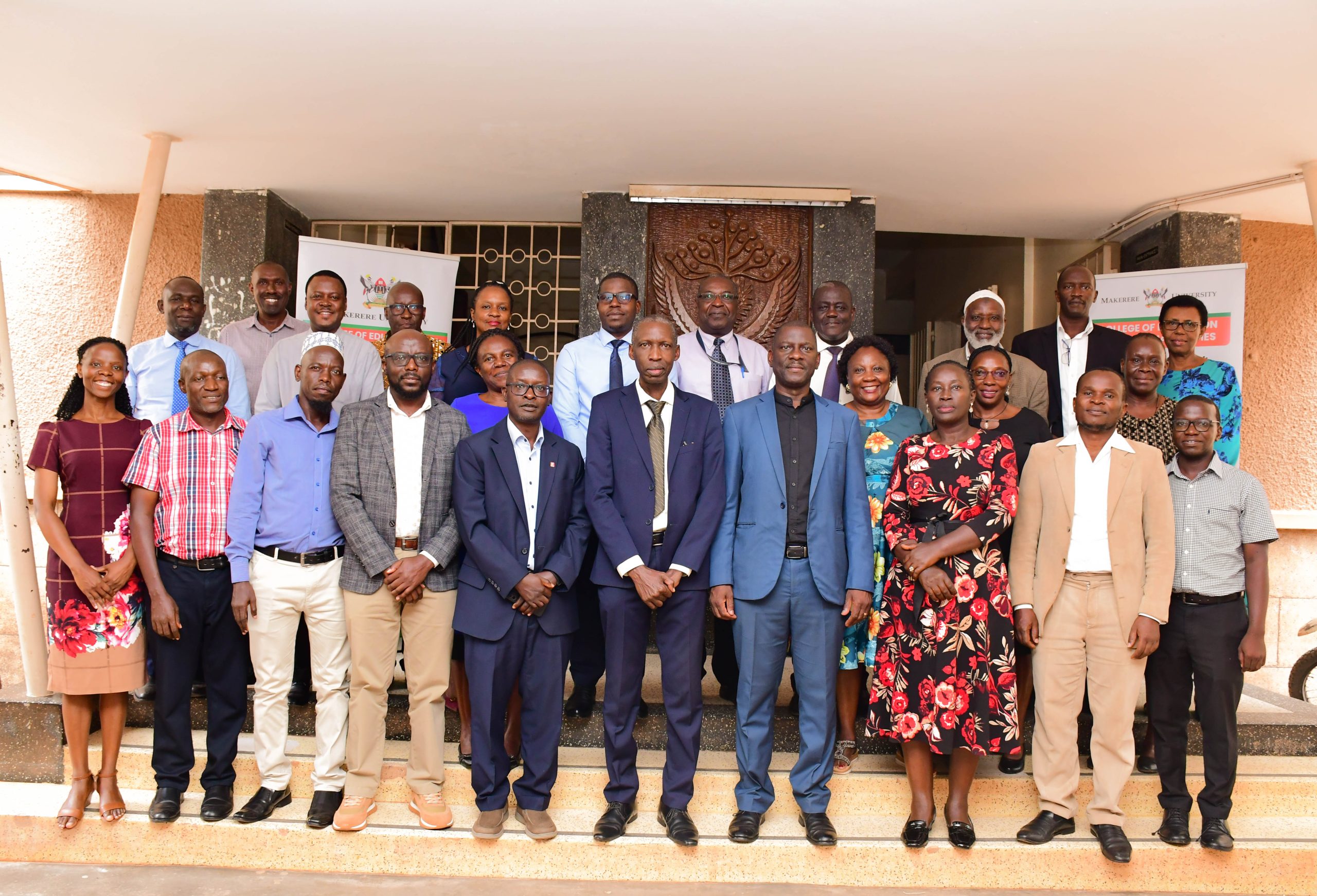Scholars at Makerere University have developed a set of competencies to guide graduate secondary school teachers in Uganda, focusing on effectively teaching students under the new lower secondary curriculum. The initiative, spearheaded by Dr. Yuda Taddeo Kaahwa as Principal Investigator (PI), includes contributions from Dr. Rebecca Nambi, Dr. Richard Balikoowa, Mr. Edward Kansiime, and Mr. Cale Santus.
This research project, funded by the Government of Uganda through the Makerere University Research and Innovations Fund (Mak-RIF), gathered data from teachers, head teachers, and curriculum specialists across various regions. The findings were unveiled on September 12, 2024, during a dissemination workshop at Makerere University.
“Our research found that most teachers are still using the old curriculum and are not meeting the required standards for teaching under the new lower secondary curriculum,” Dr. Kaahwa revealed. He emphasized the need for a paradigm shift, highlighting that the new curriculum requires a learner-centered approach, unlike the traditional teacher-centered methods.
The survey was conducted across 15 schools, with 25 participants from each institution, as well as 30 curriculum specialists. The study revealed significant gaps in the teachers’ readiness to implement the new Competence-Based Curriculum (CBC), as many were trained under the old curriculum.
To address this, the scholars have outlined plans for training sessions at teacher training institutions, aiming to equip future educators with the skills necessary to meet the new curriculum’s demands. Dr. Kaahwa called for government support to ensure the successful implementation of this project, which has so far focused on teachers in the Humanities, Sciences, History, and Languages.
“A secondary school teacher must be creative, with excellent communication skills, to effectively convey knowledge to their learners,” Dr. Kaahwa stated, also stressing the importance of integrating technology into the learning process. He noted that the new curriculum’s learner-centered approach emphasizes critical thinking, problem-solving, and collaboration, making teacher creativity and adaptability vital.
Dr. Richard Balikoowa proposed the creation of discussion groups among teachers to foster interpersonal communication skills and boost learner confidence. “Teachers must possess diverse knowledge in their disciplines and be able to identify and nurture their learners’ strengths and weaknesses,” he added.
The research, which began in 2022 following the introduction of the new curriculum, found that many teachers lacked a deep understanding of the competencies required for the CBC. This gap is largely due to teachers being trained in the outdated curriculum and needing time to “relearn” the new teaching strategies.

Prof. Anthony Muwagga Mugagga, Principal of the College of Education and External Studies (CEES), commended the scholars for their impactful research, which is poised to drive significant progress in Uganda’s education system. He highlighted the project as a crucial step toward improving teacher effectiveness under the new curriculum.
Prof. Fred Masagazi Masaazi, Chairperson of Mak-RIF, also praised the project, labeling it one of the most successful initiatives aimed at enhancing the competence profile of graduate secondary teachers in Uganda. He pledged ongoing support to ensure the project’s successful implementation, with the goal of shifting teacher practices to align with the new curriculum’s objectives.
However, challenges remain in ensuring widespread adoption of the new curriculum, particularly in private schools, where teachers are often unable or unwilling to attend government-organized training sessions. Nansana Municipal Inspector of Schools, Mr. Patrick Desire Nsubuga, emphasized the need for collective action from all stakeholders. “If we all agree to acquire the necessary skills, our children will better understand the curriculum,” he said.
Mr. Kinosa Daniel Mutumba, a teacher at Walibo Seed Secondary School in Luuka District, urged the government to deploy facilitators with in-depth knowledge of the new curriculum. “Some facilitators lack the expertise needed to guide teachers, which ultimately affects learners, especially when it comes to interpreting complex scenario-based questions in humanities subjects,” Mr. Mutumba remarked.
He also called on the government to provide more funding to fully implement the new curriculum and to increase the number of instructors available to train teachers in different districts.
As scholars continue refining the competencies and training frameworks, the hope is that teachers across Uganda will be better equipped to provide high-quality education under the Competence-Based Curriculum, thereby improving learning outcomes for students nationwide.




